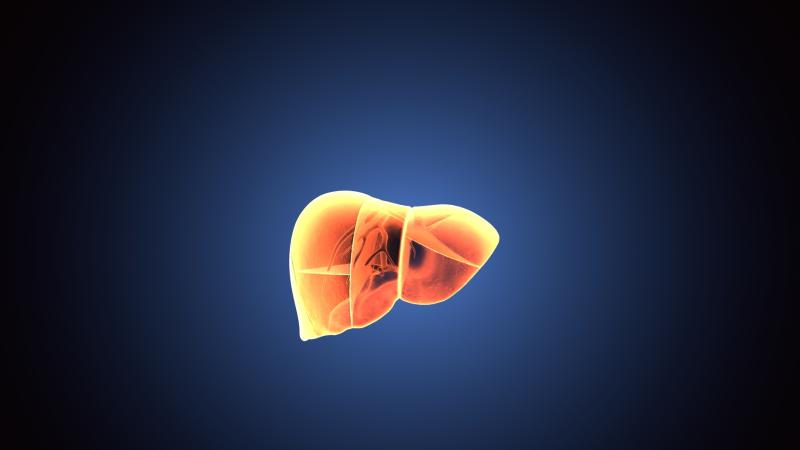
Treatment with the tyrosine kinase inhibitor (TKI) apatinib, in combination with transcatheter arterial chemoembolization (TACE), yields survival gains in advanced hepatocellular carcinoma (HCC) patients with tumour thrombus in the first- and lower-order portal vein branches, according to a retrospective study. Safety needs to be monitored during application despite the manageable adverse events (AEs).
Researchers reviewed the medical records of 188 patients with nonresectable HCC and portal vein tumour thrombus (PVTT) who had undergone treatment with TACE alone (n=103) or in combination with apatinib (n=85). Baseline demographic and laboratory characteristics did not significantly differ between the treatment groups.
Median survival was significantly better with the addition of apatinib than with TACE alone particularly in the subgroup of patients with PVTT type B (12.2 vs 7.5 months; p<0.001) or type C (13.7 vs 7.2 months; p=0.006).
The absence of main PVTT, along with treatment strategy and α-fetoprotein level <400 ng/mL, emerged as an independent factor predictive of survival on both uni- and multivariate analyses.
Mean duration of TKI treatment was 11.4 months. Apatinib-related AEs occurred in 78 patients (91.8 percent), among whom 27 (31.8 percent) experienced grade 3 AEs. Commonly reported grade 3 AEs were hand-foot skin reaction (23.5 percent), hypertension (14.1 percent), proteinuria (7.1 percent) and gastrointestinal haemorrhage (1.2 percent). AEs led to treatment discontinuation in all patients with grade 3 AEs.
The researchers underscored the need for long-term prospective, randomized studies to verify the present findings.